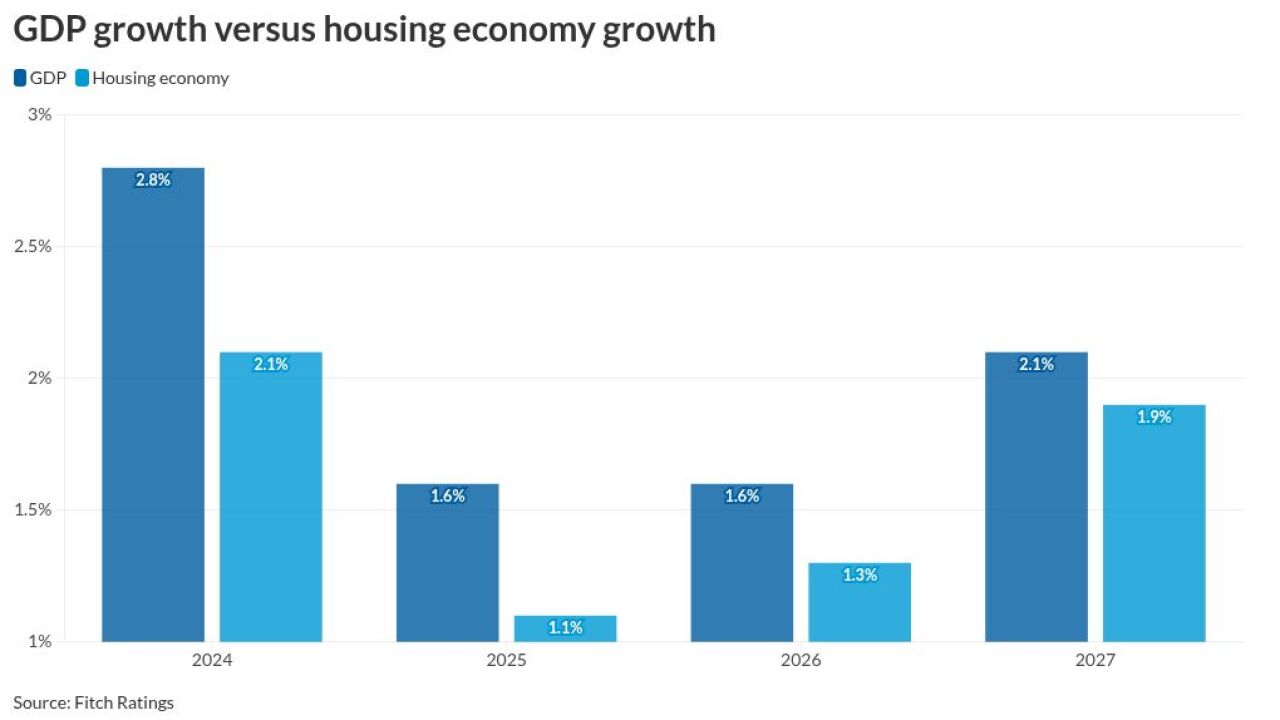The $1.2 trillion leveraged loan market’s biggest players can breathe a collective sigh of relief -- at least for now.
A New York judge last week dismissed a claim that a leveraged loan JPMorgan Chase & Co. and other Wall Street banks sold in 2014 could be considered a security and, as such, be subject to the same disclosure requirements as stock and bond offerings.
The suit was
The market’s main industry group and some practitioners had warned of dire consequences if loans were to be considered securities, including for collateralized loan obligations, which have become the largest buyers of the debt. They said issuing the debt would become more cumbersome and expensive, potentially depriving borrowers of needed capital.
“Declaring syndicated term loans to be securities would have upended the expectations of borrowers and lenders and wreaked havoc in the large, and vitally important, market for those loans,” Elliot Ganz, general counsel for the Loan Syndications and Trading Association, said in a statement on Tuesday.
Bond Similarities
Loans typically require lighter disclosure than bond offerings and can be arranged more quickly. They have become one of private equity firms’ favorite avenues to finance leveraged buyouts and are widely used by mid-sized companies, often as their only type of borrowing aside from bank debt.
The standardization of terms across borrowers, a gradual weakening of investor protections and the growth in secondary trading of loans, however, have increasingly likened the debt to bonds over the past several years.

Critics say the loan market has grown riskier amid little oversight. Concerns have centered around the lack of public disclosures on financial information and other material events, which typically can only be accessed by pre-approved lenders. Some worry this information asymmetry makes loans less liquid during sell-offs.
In its ruling, the court said that the investors who purchased the loan from JPMorgan and the other banks were sophisticated enough to know the debt would not be covered by securities laws.
“It would have been reasonable for these sophisticated institutional buyers to believe that they were lending money, with all of the risks that may entail, and without the disclosure and other protections associated with the issuance of securities,” District Judge Paul G. Gardephe wrote.
The suit stems from a $1.8 billion loan that JPMorgan and others arranged for Millennium Health LLC -- then owned by private-equity firm TA Associates -- and sold to investors in 2014. Within a matter of months, lenders saw the value of their loan plunge as the company disclosed that federal authorities were investigating their sales, marketing and billing practices. Millennium Health ultimately filed for bankruptcy.
Investors in the loan later claimed through their trustee that the banks had
The plaintiffs have the right to appeal the dismissal of the securities claims to the 2nd Circuit Court of Appeals, according to the LSTA.
Investors in the loan later claimed through their trustee that the banks had misled them at the time the loan was syndicated by omitting information they had about the investigation. The defendants argued that loans aren’t securities, a loan syndication is not a securities distribution, and asked the court to dismiss the suit.
The plaintiffs have the right to appeal the dismissal of the securities claims to the 2nd Circuit Court of Appeals, according to the LSTA.





